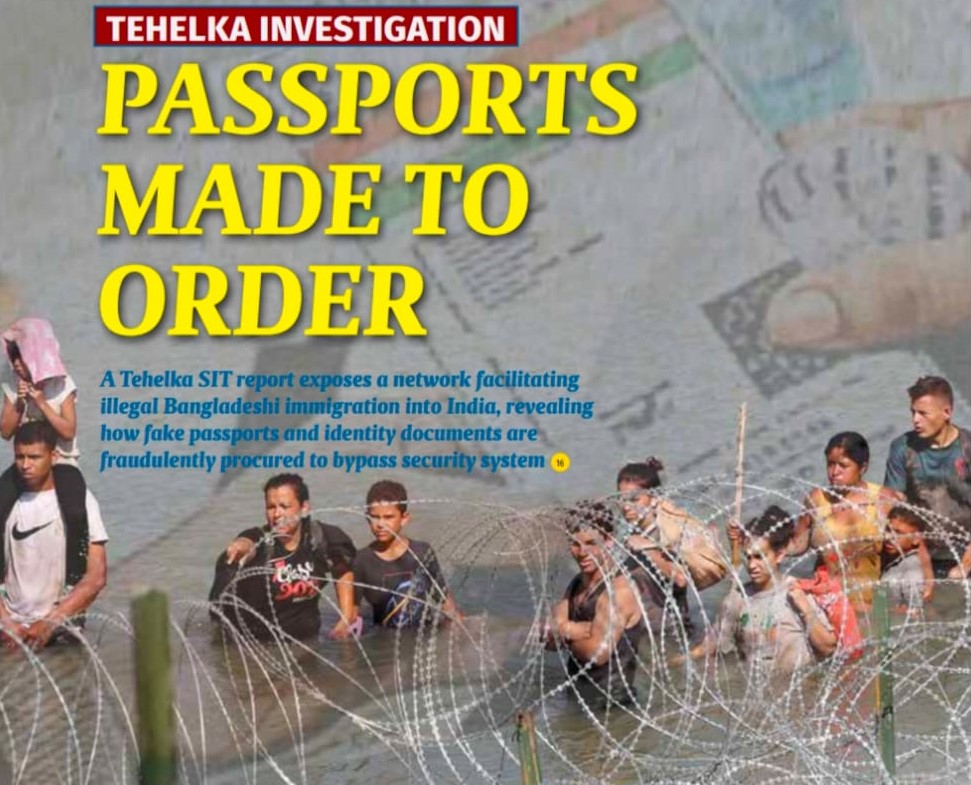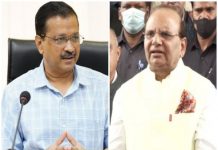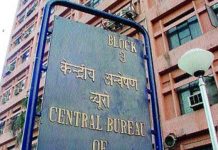
The issue of illegal immigration from Bangladesh to India has long been a contentious one, with estimates varying widely on the actual number of Bangladeshis who have crossed the porous 4,096-kilometer border. Over the years, Indian political leaders have made bold claims about the scale of this problem. G. Kishan Reddy, the then Minister of State for Home Affairs, famously remarked that “Bangladesh would be half empty” if India allowed every illegal immigrant to claim citizenship. In 2004, Sriprakash Jaiswal, another former Minister of State for Home Affairs, told Parliament that there were as many as 12 million illegal Bangladeshis in India. Twelve years later, Kiren Rijiju, then Minister of State for Home Affairs, raised this figure to 20 million. Despite these alarming figures, reliable data on the true scale of illegal immigration remains elusive.
The gravity of the situation was highlighted by Union Home Minister Amit Shah, who, while campaigning during recent elections in Jharkhand, accused some state governments of patronizing illegal Bangladeshi immigrants for vote-bank politics. He further alleged that these immigrants were marrying tribal women under pretenses to acquire land.
However, the heart of the issue lies not just in the numbers, but in the ease with which illegal immigrants from Bangladesh gain access to India. Tehelka’s cover story, “Passports Made to Order,” deeply delves into the dark world of fake documentation that facilitates this illegal migration. Through an extensive undercover investigation, Tehelka has exposed a network that enables Bangladeshi nationals to obtain forged Indian passports, Aadhaar cards, PAN cards, voter IDs, and even birth certificates. This illegal trade operates from the streets of Kolkata to high-end hotels in Delhi, where unscrupulous agents promise to fabricate entire identities.
One agent, who claimed to have been in the business for years without ever being caught, openly admitted to producing fake Indian documents for Bangladeshi clients. Another agent boasted of his ability to smuggle people into India, fabricate their identities, and arrange their Indian documentation, including voter IDs and school certificates. These revelations show that the problem is not isolated but an extensive operation that undermines national security.
With the recent political developments in Bangladesh leading to increased migration, the threat of illegal immigration is likely to grow. The economic, social, and security implications for India are profound. To address this challenge, India must take a multifaceted approach. Strengthening border security with advanced monitoring systems, including cameras and sensors, should be a priority. Additionally, India could seek expertise from international organizations such as the United Nations High Commissioner for Refugees (UNHCR), the International Organization for Migration (IOM), and the International Centre for Migration Policy Development (ICMPD) to develop more effective strategies for tackling illegal immigration. The key to addressing this issue lies in closing the loopholes in our immigration and security systems to stem this dangerous tide.













